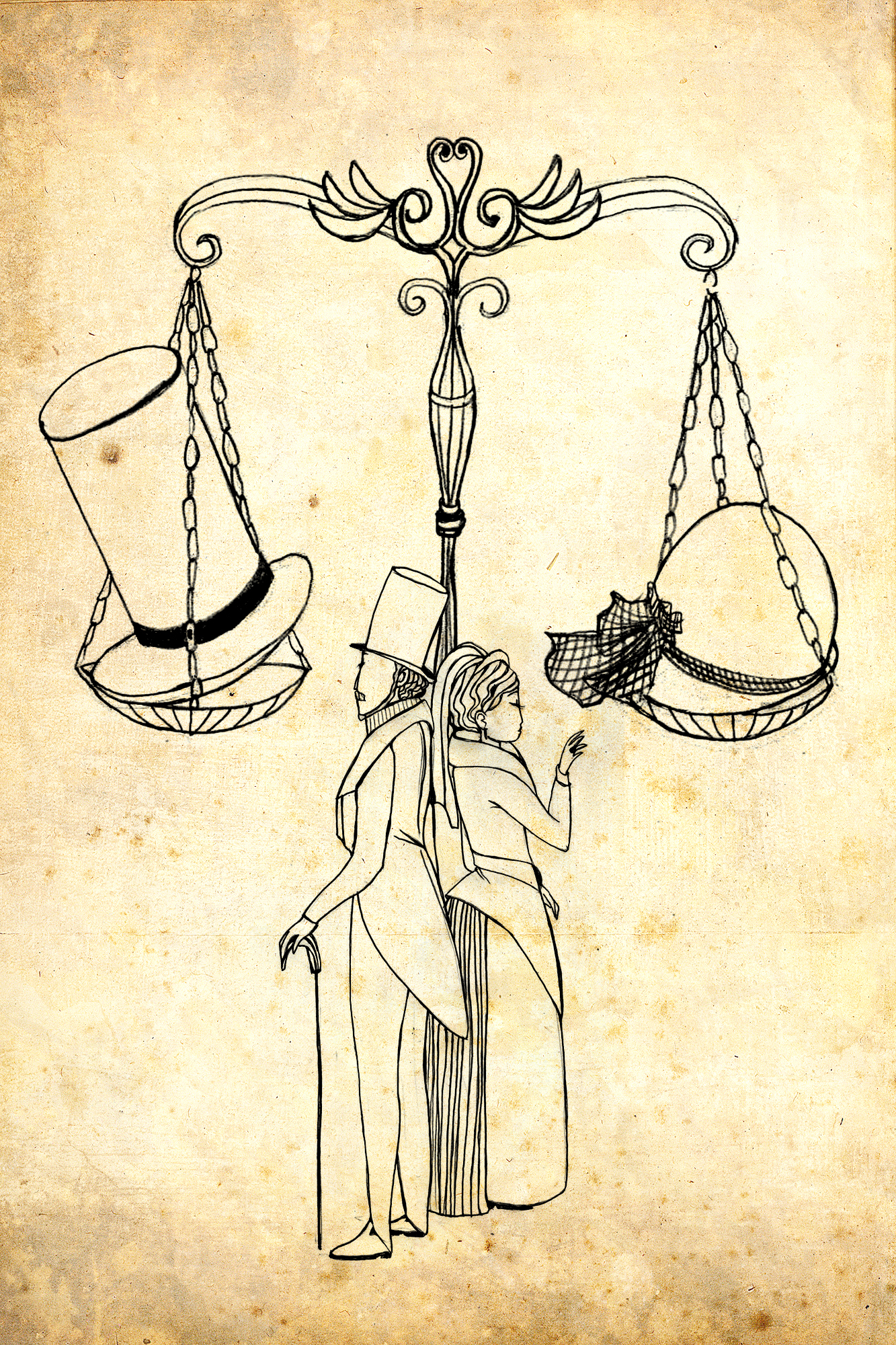Today, twenty children and six adults were killed in a shooting in Newton, Connecticut [BBC Link]. Among the killed was the killer, who took away his life after committing his massacre. In 2012 alone, there has been four mass shootings. Among them include the shooting in a mall in Oregon, in a movie theater in Colorado and a Sikh temple in Colorado. Despite the numbers of death caused by guns, there are few who are adamant to bring the gun control issue up.
Before I resume, I would like to state that I am completely against guns, as I find its purpose is to kill. A purpose that lacks any moral and logical foundation, and is poison to our community and society. A human invention that has led to the death of people all across the world.
Gun Control – The Challenge
As mentioned before, there are individuals in our society who are adamant and unwilling to let go of certain opinions that promote and endorse the distribution of weapons to society under the banner of defense and freedom. Whenever the issue of Gun Control arises, those who advocate for it face many challenges. Among such challenges include: Lobby groups such as the NRA, the 18th Century Amendment in the United States Constitution, and lack of education and awareness by the public. Based on those factors, utilization of a legal policy to minimize gun usage, or implement gun control, through law alone is insufficient. Therefore, a different method should be utilized to address this matter.
Economics of Gun Control
Given the delicate situation, the medium I suggest to mitigate gun related crimes is through economic penalization and economic reward. How would it work? Let’s start with the fist of law:
Economic Penalty
At every crime scene, it is easy to determine the weapon and bullet used that inflicted injury or death of a person. With every casualty, whether death or injury, the institutions supplying such weapons and bullets will be penalized significantly. A good example can be as follows:
27 people died in this incident, with over 100 bullets were shot during the killing spree. For each casualty, it’s a $500,000 per body and for each bullet it is $1000/each bullet fired. The total would be $13.5 Million for deaths alone, and over $100,000 for just bullets alone.
The disadvantage of such process that I’m sure will arise in Congress is the value of life. Can life be really worth $500,000? How do we determine the potential capacity lost? It is a very sensitive subject, but it requires to be addressed.
The proceeds of such financial penalty will be devoted for the families who have lost their loved ones, the medical attention they need, and for the emergency team that have devoted their time and efforts to bring calm and peace to their community.
The increase in the cost will provide a pinch to the gun suppliers and producers. Promoting for the push for stricter rules to be implemented to minimize losses and finding an optimum point where cost and benefit balances (unfortunately, I don’t think gun organization view humans as beings but rather as an economic resource to which they wish to sell guns to).
Economic Benefit
The benefits that will be provided for a company whose weapons are not found in crime scenes, or have minimized the number of their weapons in the market, is getting better access to gun bids for government defense contracts, gaining a better stature in the public light. That’s about it. No monetary benefit or discount. The goal is to enstill a better sense of community and human nature in those institutions to view each casualty as a loss for the community, and the world.
This may be need to be revised, but it is a proposal I would like the world to know of, and I hope it is for the best.
In the meantime, I would like to share this prayer for the children who have passed away today in the world:
“That beloved child addresseth thee from the hidden world: ‘O thou kind Mother, thank divine Providence that I have been freed from a small and gloomy cage and, like the birds of the meadows, have soared to the divine world—a world which is spacious, illumined, and ever gay and jubilant. Therefore, lament not, O Mother, and be not grieved; I am not of the lost, nor have I been obliterated and destroyed. I have shaken off the mortal form and have raised my banner in this spiritual world. Following this separation is everlasting companionship. Thou shalt find me in the heaven of the Lord, immersed in an ocean of light.’”
-‘Abdu’l-Baha


